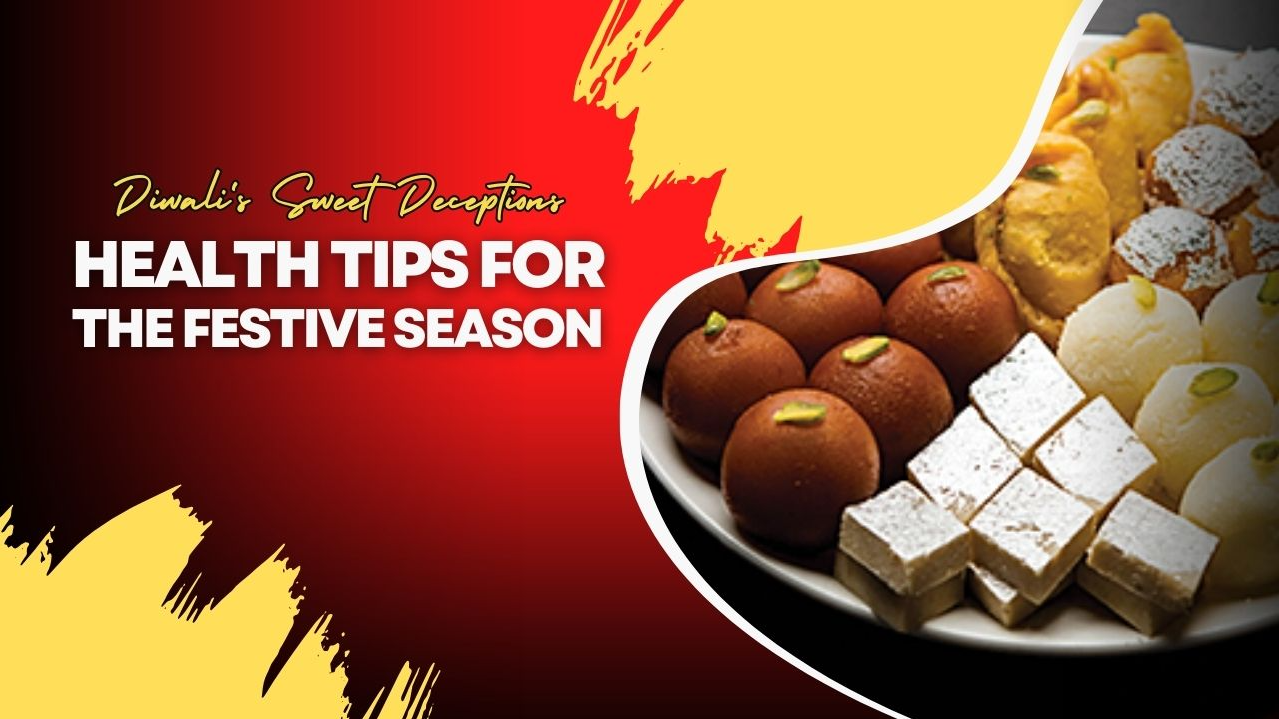

Satyanarayan Mohapatra / Ayush Mishra
Diwali, the festival of lights, is a time for joyous celebrations, family gatherings, and of course, indulging in a delectable array of sweets and treats. But as we savor those mouthwatering delights, it's crucial to be aware of a lurking danger: adulteration. This unethical practice, driven by profit motives, compromises not only the quality of our festive treats but also poses significant health risks.
This Diwali, as you navigate the tempting displays of sweets and confectionery, remember that knowledge is your shield against adulteration. By understanding the common adulterants and their potential health hazards, you can make informed choices and protect yourself and your loved ones from harmful ingredients.
Unmasking the hidden dangers:
Let's delve deeper into the world of adulteration, exposing the culprits that often find their way into our festive treats:
Metanil Yellow: This vibrant yellow dye, often used illegally as a cheaper substitute for saffron, can cause a range of health problems, including anemia, cyanosis (a bluish discoloration of the skin), and even neurological damage. It's commonly found in sweets like Rasmalai, Jalebi, and other brightly colored treats.
Detection: Add a pinch of the suspect spice or 5 grams of the sweet to a test tube. Add a few drops of concentrated hydrochloric acid (HCl) and shake vigorously. If the solution turns pink, the sample is contaminated with metanil yellow.
Sudan I: This red dye, used to enhance the visual appeal of sweets, is a known carcinogen, potentially increasing the risk of colon cancer. It's also found in spices like chili powder and curry powder.
Detection: Unfortunately, there's no readily available home test for Sudan I. Exercise caution by purchasing from reputable sources and checking for FSSAI certification, which ensures compliance with food safety standards.
Blotting Paper: This might surprise you, but blotting paper is sometimes added to dairy-based sweets like Rasgulla and Gulab Jamun to increase volume and create a smoother texture. This can lead to choking hazards and gastrointestinal issues.
Detection: Wash a small sample of the sweet in a strainer under running water. If a fibrous residue or mass remains, it's a telltale sign of blotting paper adulteration.
Chalk Powder: Used as a color enhancer in sugar and dairy-based sweets, chalk powder can damage internal organs, disrupt the digestive system, and lead to constipation.
Detection: Dissolve a spoonful of sugar in a glass of water and let it sit undisturbed for an hour. If a white residue settles at the bottom, it indicates the presence of chalk powder.
Hydrogenated Vegetable Fat (Vanaspati): This unhealthy fat, often used in ladoos and other sweets as a flavor enhancer and binder, can raise bad cholesterol (LDL) levels and decrease good cholesterol (HDL), increasing the risk of heart disease.
Detection (Baudouin test): Mix 5ml of melted ghee with 5ml of concentrated hydrochloric acid and a few drops of furfural solution (2-3% in alcohol) in a test tube. A rose-red color indicates the presence of vanaspati.
Beyond detection:
While these simple tests can empower you to identify some adulterants, the fight against food adulteration requires a collective effort. Consumers, manufacturers, and regulatory bodies must work together to ensure the safety and integrity of our food supply.
Here's what you can do:
Be a vigilant consumer: Choose reputable sweet shops, scrutinize product labels, and inquire about ingredients and manufacturing processes.
Demand transparency: Encourage manufacturers to adopt transparent labeling practices and disclose all ingredients used in their products.
Support ethical businesses: Patronize businesses that prioritize quality and safety over profit margins.
Report violations: If you suspect adulteration, report it to the FSSAI or local authorities.
This Diwali, let's celebrate with both joy and awareness. By being informed and proactive, we can safeguard our health and ensure that the sweetness of the festival is not tainted by the bitterness of adulteration.
DISCLAIMER: The information presented in this brief draws upon publicly available sources, including news reports, industry publications, and expert commentary.